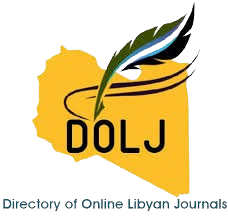The Role of the United Nations and the Transformations of the Political Structure in Libya (1949-1977)
DOI:
https://doi.org/10.26629/ssj.2025.06Keywords:
Role, United Nations, Transformations, Political Structure, LibyaAbstract
The United Nations played a pivotal role in achieving Libya's independence in 1951, paving the way for the establishment of the country's first national system of government. Since then, the country has witnessed successive political transformations that have shaped the governance system. Hence, the research problem focuses on the main question: What is the role of the United Nations and the transformations in Libya's political structure? The research aims to: The study explores the role of the United Nations in Libya's independence, explains the mechanisms of the post-1951 system of government, clarifies the system of government after 1969, and highlights the form of the system of government after March 2, 1977. The researcher followed a historical approach to narrate the stage of this change, as well as a descriptive and analytical approach to describe and analyze the stages of change. Through this approach, the researcher arrived at the most important results, which are: The study highlights that the evolution of Libya's governance system was a direct result of external and internal influences, beginning with the United Nations' support for independence, followed by a succession of political regimes. This reflects a volatile political trajectory that shaped the desired Libyan state.








